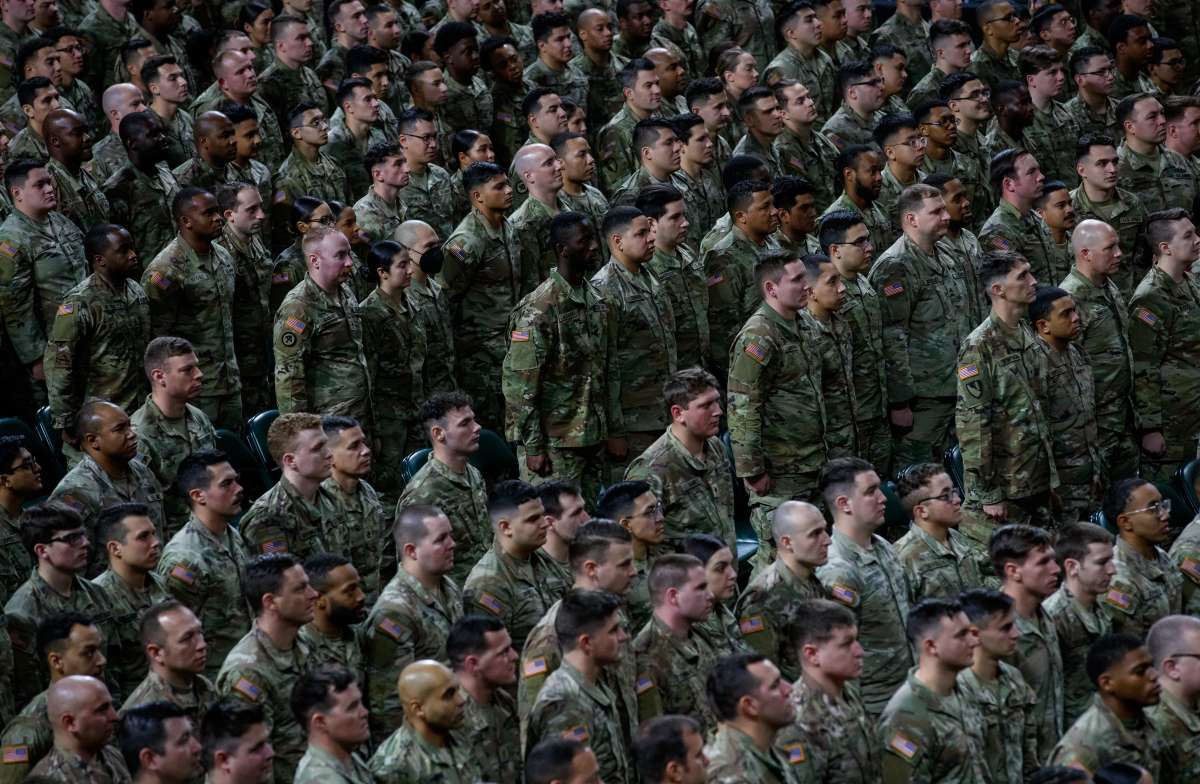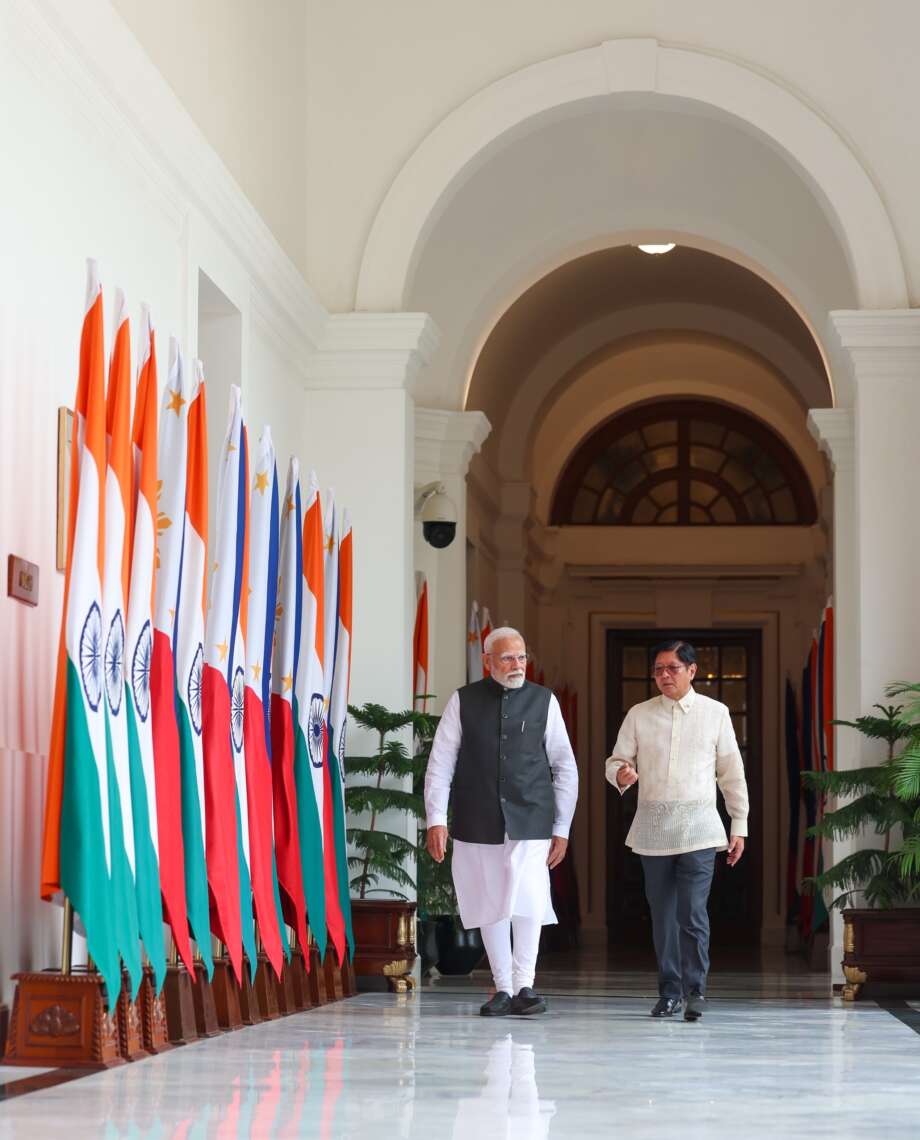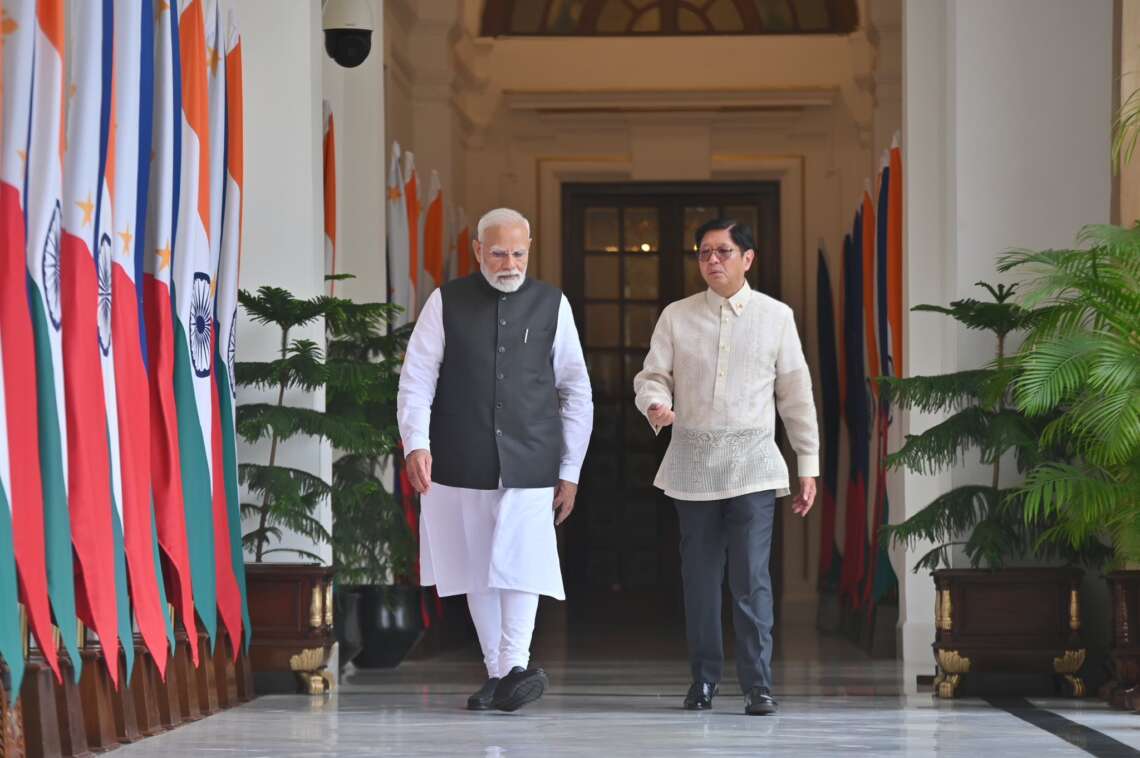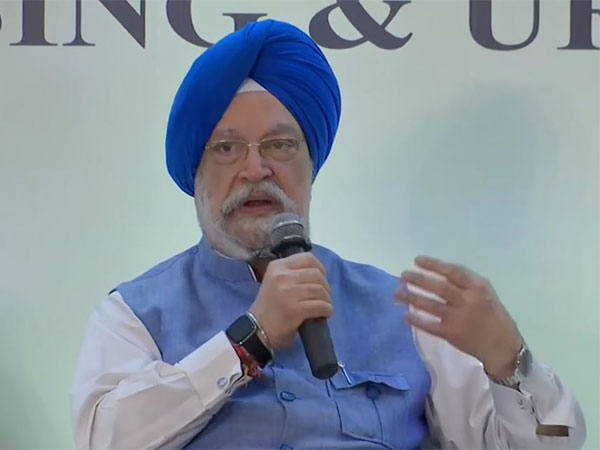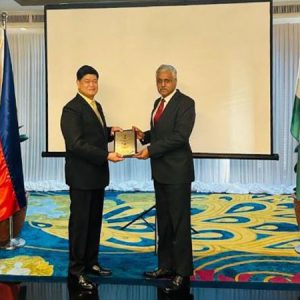The U.S. military’s deployment of a missile system adds a new dimension, drawing attention to the exercise’s broader geopolitical implications…reports Asian Lite News
In the Philippines, nearly 17,000 Filipino and American troops commenced a three-week joint combat training exercise, including maritime drills in the contentious South China Sea. The involvement of France and Australia, bolstering defence ties with Manila amidst China’s assertiveness, underscores the strategic importance of the region.
Notably, this year’s Balikatan exercises mark a departure from tradition, with allies sailing beyond the Philippines’ baseline off western Palawan, challenging territorial boundaries in the South China Sea, according to Reuters report.
The U.S. military’s deployment of a missile system adds a new dimension, drawing attention to the exercise’s broader geopolitical implications.
While Philippine military officials emphasize the drills’ logistical nature, retired PLA researcher Cao Weidong interprets them as a signal of strategic intent, prompting considerations of potential responses from China. Maritime encounters between the Philippines and China underscore the tensions underlying the exercises, though officials stress their defensive nature.
Simulated scenarios, including sinking an “enemy ship” and retaking Philippine islands, demonstrate the exercise’s scope, aiming to enhance military interoperability and readiness. The involvement of air and missile defense systems underscores the exercise’s complexity and strategic relevance.
U.S. Lt. Gen. William Jurney emphasizes the exercises’ adherence to international law and norms, rejecting the notion of aggression. However, Beijing perceives them as provocative, exacerbating regional tensions and challenging its maritime claims.
The Permanent Court of Arbitration’s 2016 ruling against China’s claims adds legal weight to the Philippines’ position, but China’s military build-up in the region continues unabated. As joint exercises simulate scenarios near Taiwan and in the South China Sea, they serve as a display of military prowess and a reaffirmation of commitment to regional stability.
Overall, the Balikatan exercises reflect the intricate dynamics of the South China Sea dispute, balancing military deterrence with diplomatic maneuvering amidst growing assertiveness from Beijing.
ALSO READ-US, Japan, Philippines, rebuke China over South China Sea moves


